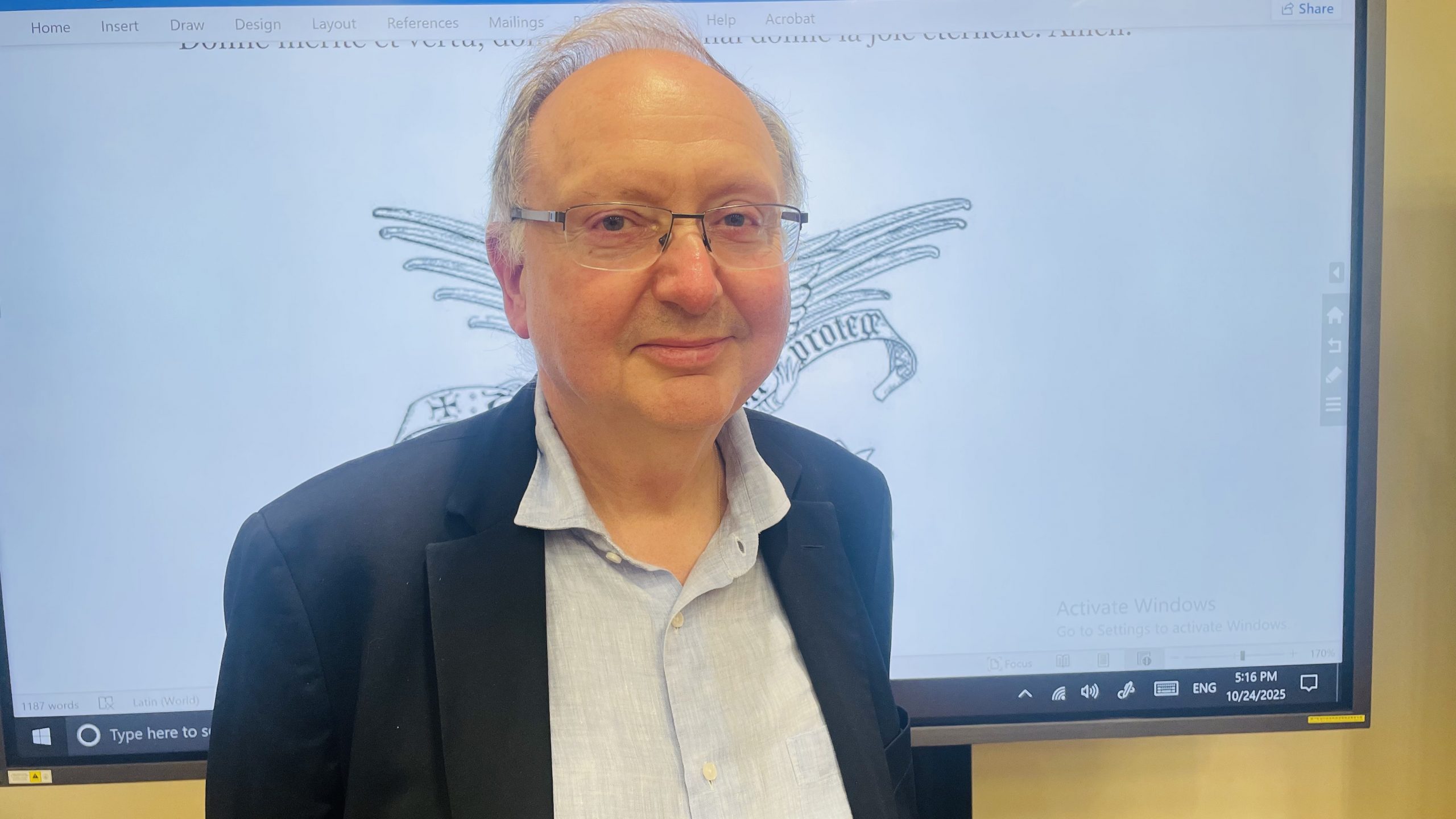Fr. Jijo Kandamkulathy CMF
Claretian Publications, Macau
30 May 2021 – Solemnity of the Holy Trinity-Year B
Mt 28:16-20
Trinity Sunday is a time that the Church has dedicated to the reflection of our concept about God. Trinity is the summit of human understanding of God: as an inseparable communion of God the Father, God the Son and God the Holy Spirit. This is a reality that defies ordinary human understanding and explanation, and we should let that reality remain so. If we understand God completely, then what we know is not infinite God but a finite reality.
In the gospel today, the formula of baptism that Matthew presents ‘In the Name of the Father and of the Son and of the Holy Spirit’ is a later development in the early Church. Initially, baptism was given in the name of Jesus Christ only (Acts 19: 4-7). Early Church progressively became aware of the relationship Jesus kept with the other persons of the Trinity that he kept mentioning: that the Father sent him and that the Spirit would come after him. The reflection on these references of Jesus arrived at the Trinitarian concept.
Explaining further on that communion often offends the majesty of that reality and ends up complexifying it. Instead, we focus on what meanings are evoked while invoking the Trinity many times a day. The image of the Father that I most often latch myself to is of the father in the story of the Prodigal Son. The image of the Son is of Jesus on the cross asking forgiveness on the soldiers who hurt and mock him. The image of the Holy Spirit is that of the occasion of the Pentecost when the disciples were empowered, and the people were gifted to understand the disciples.
Saints of the Church have attempted to explain the Trinity to us in various ways. My most favorite of them is that of the flame by John Maria Vianney. A flame has a shape, a color, and warmth. Trinity is similar to the three inseparable aspects of the same flame, they live in each other in perfect communion. Living in each other means that the actions, thoughts and desires are shared with complete permeability. We are all called to reach that communion with one another in love. Only in love do we ever have a glimpse of the Trinity.
Anyone who focuses on understanding the Trinity too much will be like the boy mentioned by John Shea in the Legend of the Thousand Bells. There was an island a couple of kilometers away from the seashore. The island had a temple with bells of all sizes, which would toll at the movement of the winds. Eventually, the temple sank into the sea, but the people kept hearing the ringing of the bells every day. Once, a boy from afar came to listen to the legendary ringing of the bells. He tried for days to focus on the bells’ sound by trying hard to shut out all the noises that he kept hearing. The toll of the bells he never heard. In despair, he decided to return. However, on the final day, he goes to his favorite spot and, not trying to listen to anything, simply forgets himself. Then he began to hear the faint ringing of a bell, then the second one, and then he heard the tolling of the thousand bells. If we focus on the mystery of the Trinity too much, we will not experience the bliss of the Trinity. Instead, lose yourself in the meditation of the nature of the three persons and how personally you can connect to the three persons of the Trinity.

 Follow
Follow


